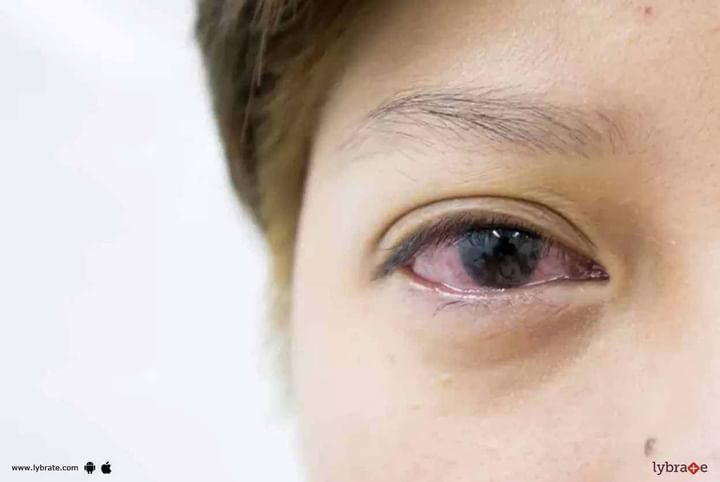Eye Problem - Why Early Detection Is Important?
Your eyes are responsible for presenting the world to you, right from the time you wake up until the time you go to bed. In fact, your eyes deliver 80% of the information you take in each day. Therefore, it is important that you keep them safe and healthy.
However, most vision problems develop from early childhood, usually between the age of 2.5 years and 4 years. The most common ones are-
• A wandering eye/crossed eye - Misalignment of the eyes
• Farsightedness - Nearby objects appear blurry
• Nearsightedness/Myopia - Faraway objects appear blurry
• Astigmatism - An imperfection in the curvature of the eye
Quite a few vision problems emerge as you age. These common eye conditions may significantly affect your eyes and eyesight once you are near the age of 60 -
• Age-related Macular Degeneration or AMD - Loss of vision
• Glaucoma - The connecting nerve from the eye to the brain is damaged (can lead to blindness)
• Diabetic retinopathy - A diabetic complication affecting the eyes
In the year 2002, over 161 million people across the world were reported visually impaired. 124 million people out of these 161 million had poor vision, while 37 million people were blind. Considering these shocking figures, it has become crucial to spread awareness and inform the readers about the importance of vision screenings regularly.
What is Low or Poor Vision?
‘Low vision’ or poor vision refers to a significant visual impairment that cannot be rectified with medicine, standard glasses, eye surgery, or contact lenses. People with visual acuity ranging between 20/200 and 70/200 or 6/18 and 6/60 are said to have poor vision.
A number of factors can cause low vision, such as an eye injury, an infection or a disease. Sometimes, the cause can also be hereditary.
Warning signs
The following can be the warning signs that something might be seriously wrong with your vision-
- Constant itchiness in the eye
- Extreme sensitivity to light
- Poor focusing and visual tracking
- Abnormal movement/alignment of the eyes
- Discolouration of the pupil
- Chronic redness
- Difficulty in reading
- Squinting
- Blurred vision
Why early detection is important?
If you encounter the above signs or observe the same in your loved ones, then immediately consult an eye specialist. Detecting the problem early can help restore some of your vision, if not cure the problem.
Just as overall health check-up is required, annual eye check-ups are also important for people, especially in the old age. Comprehensive dilated eye exams and screening tests are recommended. You should ideally have yourself checked once every year. People with macular degeneration, glaucoma, or a family history of eye disorders may require frequent visits and regular monitoring.
Discuss your overall condition with an eye specialist and ensure that you follow up for eye check-ups to the clinic every 6 months.



+1.svg)
